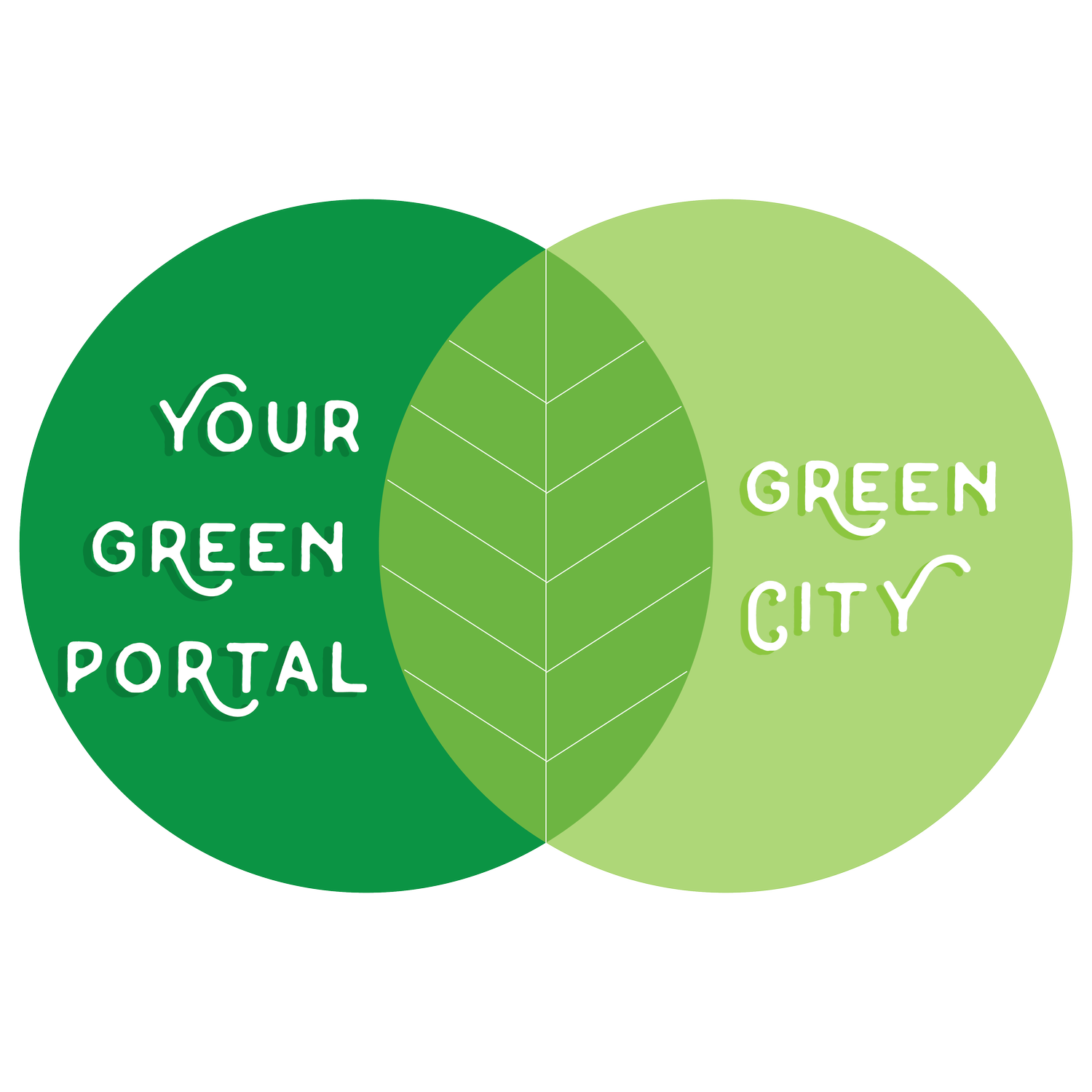Today we continue our discussion of the Seven Community Capitals as we focus on the 7th and final capital – Built. My co-host and initiator for this series is Bob Riley Jr. I believe I speak for both of us in stating that we have been so inspired by the guests that we’ve had conversations with over the past 6 weeks and we hope that you have too.
In review, we’ve already discussed Natural, Social, Financial, Political, Human, and Cultural capital and how they collectively play a key role in developing successful community strategies.
If you re-call, our goal with this series is to dream of an aspirational post-Covid world where we look for ways to connect and collaborate in positive, practical paths forward.
Built capital, as defined in the University of Nebraska-Lincoln, Agricultural Economics article, “is the infrastructure that supports the community, including telecommunications, industrial parks, main streets, water and sewer systems, roads, etc.; often a focus of community development efforts.”
Our distinguished guests for today’s discussion are:
- Dr. Luis Rico-Gutierrez, Dean of Iowa State University’s College of Design
- Todd Ashby, Executive Director of the Des Moines Area Metropolitan Planning Organization
Bob introduced our discussion on built capital and discussed that ever present balance, within all the capitals, between self-interest and the common good. This balance has ebbed and flowed as built capital has evolved through the ages. Luis and Todd brought decades of experience to the conversation and shared their experiences and insights; noting that, in built capital, it is important that all groups and sub-sets within a community are considered when weighing the benefits and impacts of any project. Maintaining as much equity as possible through inclusivity and access is a key consideration. Also discussed was the interaction between the planning process that must be future oriented and how it integrates with the much more ‘present’ mindset of political, human, and social capital. It was a great discussion. Some of the additional thoughts shared are noted below.
Key Takeaways:
- Planning continues throughout the process of design & continues to change and evolve
- We need to question everything all the time
- Access to all should be at the forefront of design and planning right now
- There is always a balance to be considered between the impacts vs. the costs of a project
- To develop for the long term, it is necessary to build in some key aspects for the short term
- There is an emerging focus on bio-centric design instead of the typical human centric design
- We need to expand the audiences that we speak with in order to make informed decisions
“Sustainable development is the pathway to the future we want for all.
It offers a framework to generate economic growth,
Achieve social justice,
Exercise environmental stewardship and
Strengthen governance.”
~ Ban Ki-moon
“What’s the use of a fine house
if you haven’t got a tolerable planet to put it on.”
~ Henry David Thoreau
Thank you for listening to today’s discussion. Let’s continue to engage and learn from each other.




